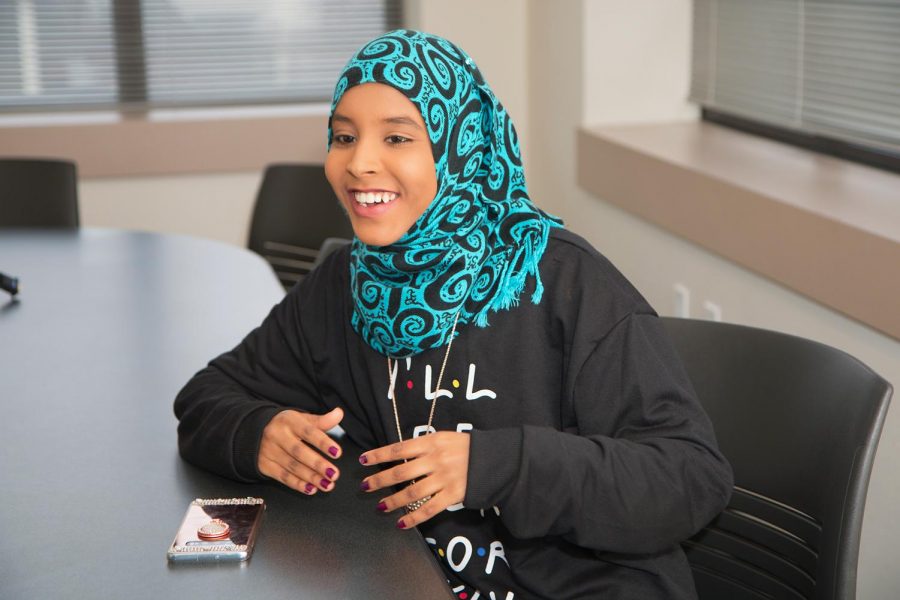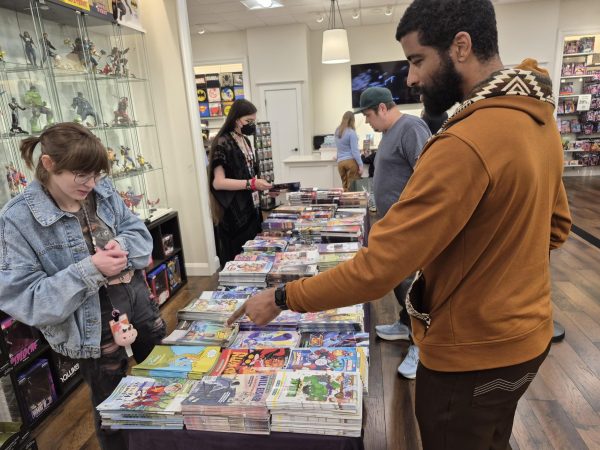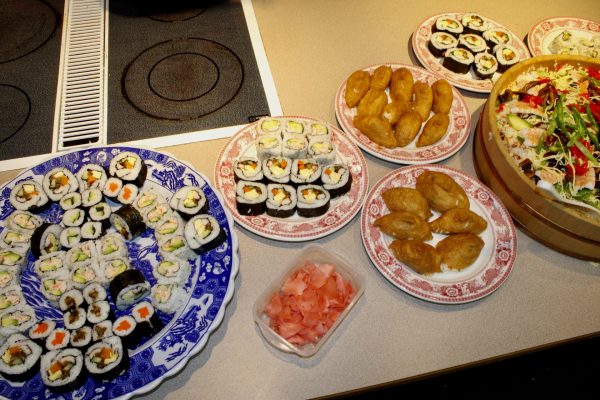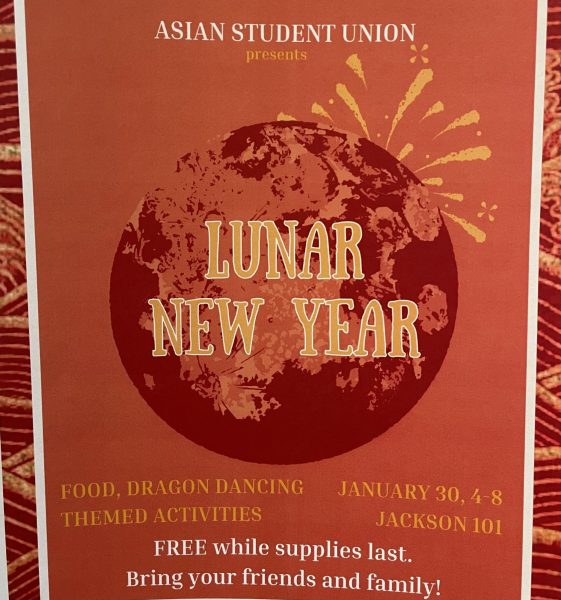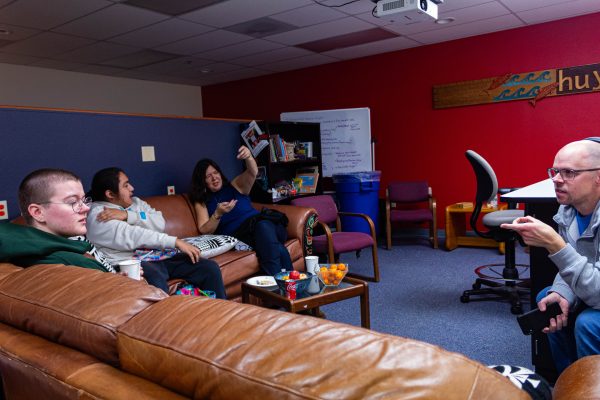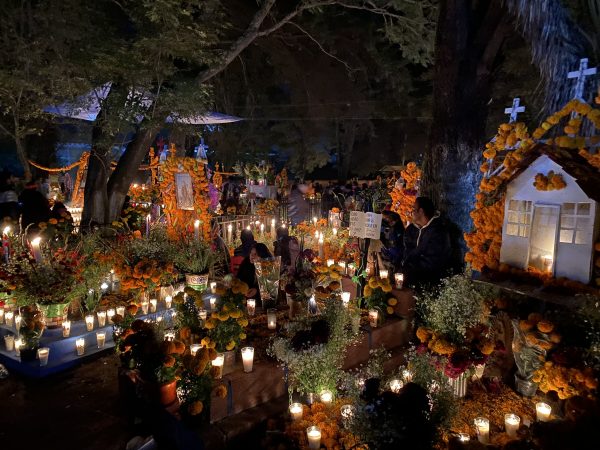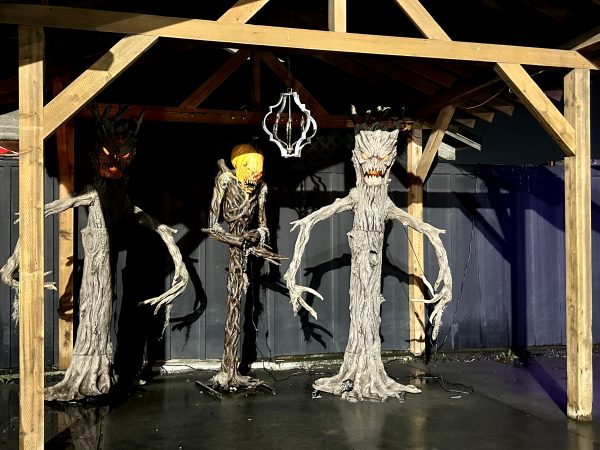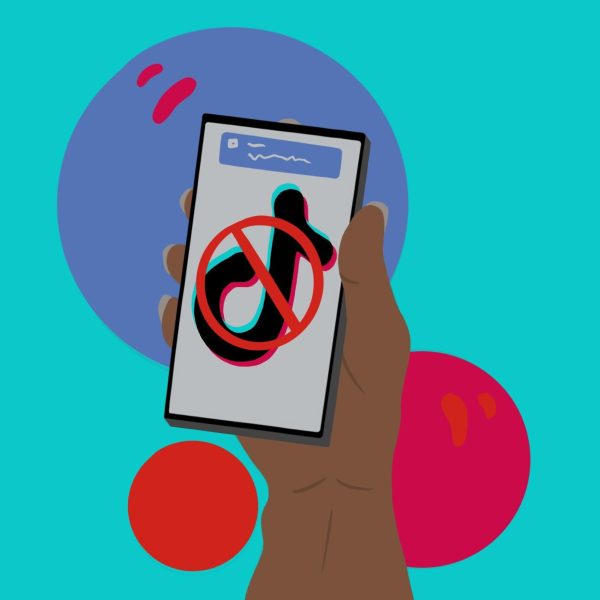Faith and Fasting: Ramadan to Begin in May
Students provide insight into the meaning of the holy month
Layla Omar, a biology student and student ambassador with Student LIFE, explains how fasting during the month of Ramadan is a test for self-control of some worldly things.
Ramadan will begin on Sunday, May 5, 2019, though dates may vary as it is determined by the sighting of the crescent moon. During Ramadan, Muslims around the world abstain from eating and drinking and if married, also abstain from sexual intercourse from sunrise to sunset.
Ramadan is the ninth month of the Islamic calendar which is based on a 12-month lunar year. It’s one of the five Pillars of Islam and is considered the holiest month of the Islamic year.
“Ramadan reminds us of God, who we are and why we are on this earth,” said Firdausi Maigoshi, 37-year-old pre-nursing student at Everett Community College.
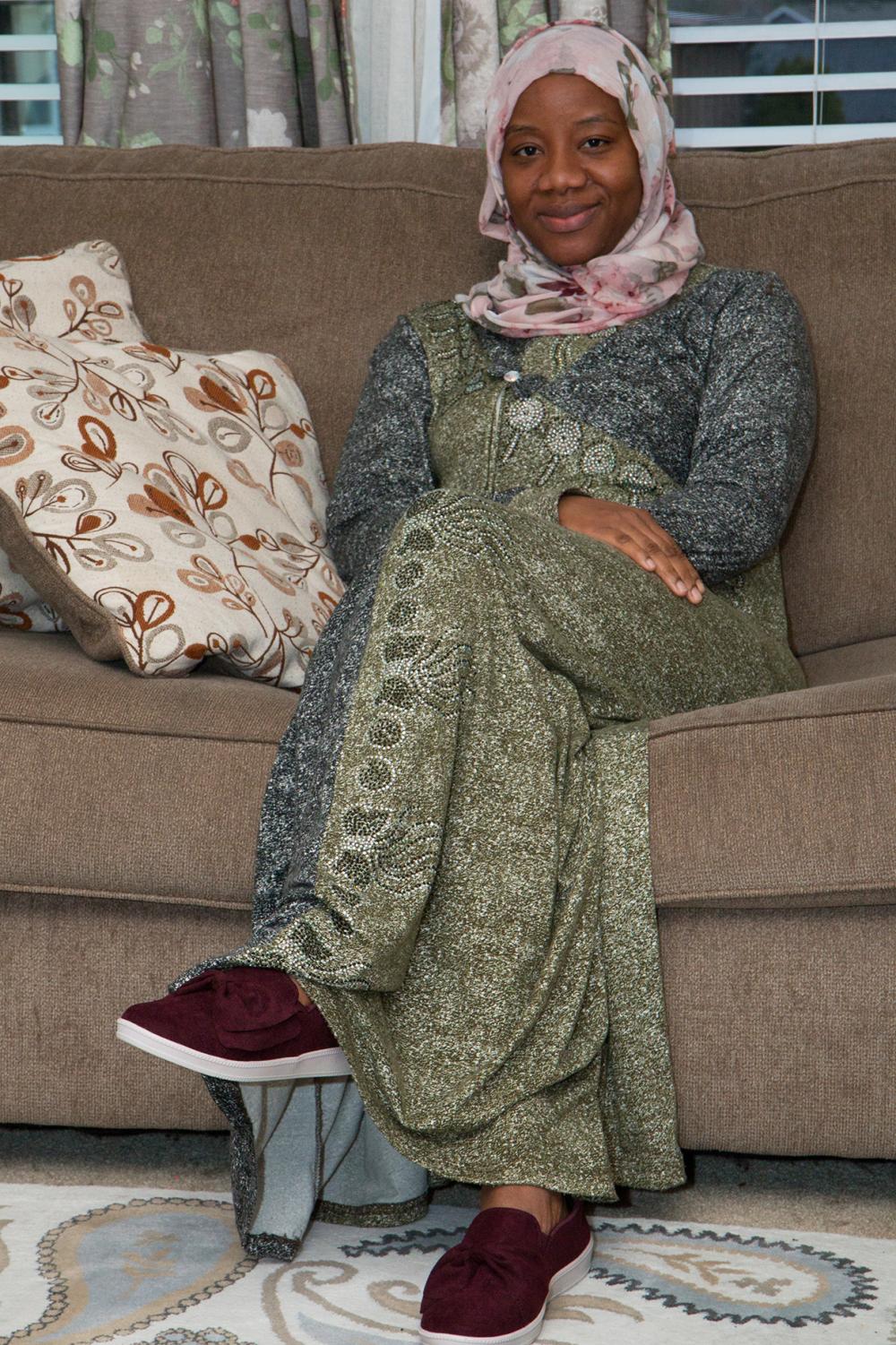
Ramadan can be a difficult period for many people and students are no exception. For that reason, Maigoshi believes it is important that EvCC staff and the administration be aware of the needs of Muslim students during Ramadan. “It is important to communicate with our instructors or school authorities and educate people about Islam and Ramadan. Doing that will help the instructor understand what we are going through and then they can find the ways to help us succeed while practicing our faith,” Maigoshi said.
For 20-year-old biology student Layla Omar, the hard part of Ramadan is not having enough time to do her homework even though she gets them done on time. She asks that teachers give Muslim students the support they need during Ramadan.
“Don’t give them a lot of pressure in doing things because they lose their focus during fasting, they feel weak, tired and sleepy which makes them fall behind,” Omar said. Giving deadline extensions on homework during Ramadan, she said will help a lot.
For Muslims, Ramadan is a period of intense worship, reading of the Quran Islam’s Holy Book and performing special prayers. It is a month where Muslims physically and spiritually abstain from any negative and sinful acts such as lying and gossiping. It is a month of kindness, forgiveness and charity giving and a time to be more compassionate and empathetic to the poor and needy.
Fasting Omar said, is a period of devoting one’s life to God and putting oneself in the shoe of those people who can’t afford to eat. “The main important thing about Ramadan is testing your self-control of some worldly things and to feel the poor and support them,” Omar said.
Muslims are encouraged to eat “Suhoor” a pre-dawn meal and drink lots of water each day before beginning the fast. Especially for students, it helps to sustain oneself through the whole day of fasting.
“Once you have that mindset of doing good for God and the reward, then everything is fine. That’s what keeps me going,” said Ruqaiyah Alaji, 20-year-old communications student and President of the Muslim Student Association (MSA). According to her, faculty at EvCC is very understanding of their needs during the fasting period.
“During Ramadan, if I were to email my teacher and explain to her about my situation she will be understanding. But, they also need to be educated,” Alaji said.
Fasting during the month of Ramadan is obligatory to all Muslims who have reached puberty. But, there are some who are exempted from fasting such as the sick, pregnant and breastfeeding women and those on their menstrual cycle. The traveler and older people who are weak or too ill to fast are also exempted.
However, anyone who is exempted must later make up the fast except for those with chronic illness or can’t fast due to age. Instead, they are required to feed a poor person for every day of fasting they miss.
To spread more awareness, MSA organized an event last year during Ramadan to educate and create a platform for the campus community to learn and know about Ramadan and the Islamic religion. The event is taking place this year with the date soon to be announced and is opened to all EvCC students.
There is a prayer room provided for all campus members including Muslims students to pray or meditate in. The room is located at Graywolf Hall in room 145 next to the vending machine. There are also prayer items available to students which includes clothing for those not properly dressed for prayer to use.
“As a community, everyone can help each other, just being understanding is a big thing. Have empathy, spreading the word awareness to those not participating in Ramadan will be so helpful,” Alaji said.
Ramadan ends on Tuesday, June. 4, with the celebration of Eid al-Fitr one of the important Muslim holidays to mark the end of Ramadan.
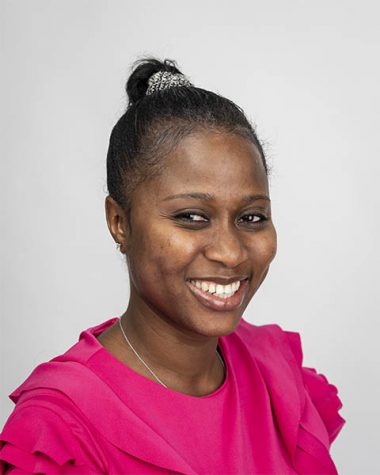
What interests you about journalism?
Generally, everything about journalism interests me. But the thing that interests me the most is, as a journalist...
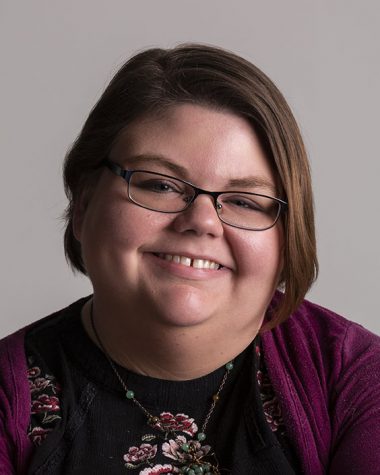
What interests you about journalism?
I think what interests me most about journalism is the opportunity to learn about other people and to feel...

